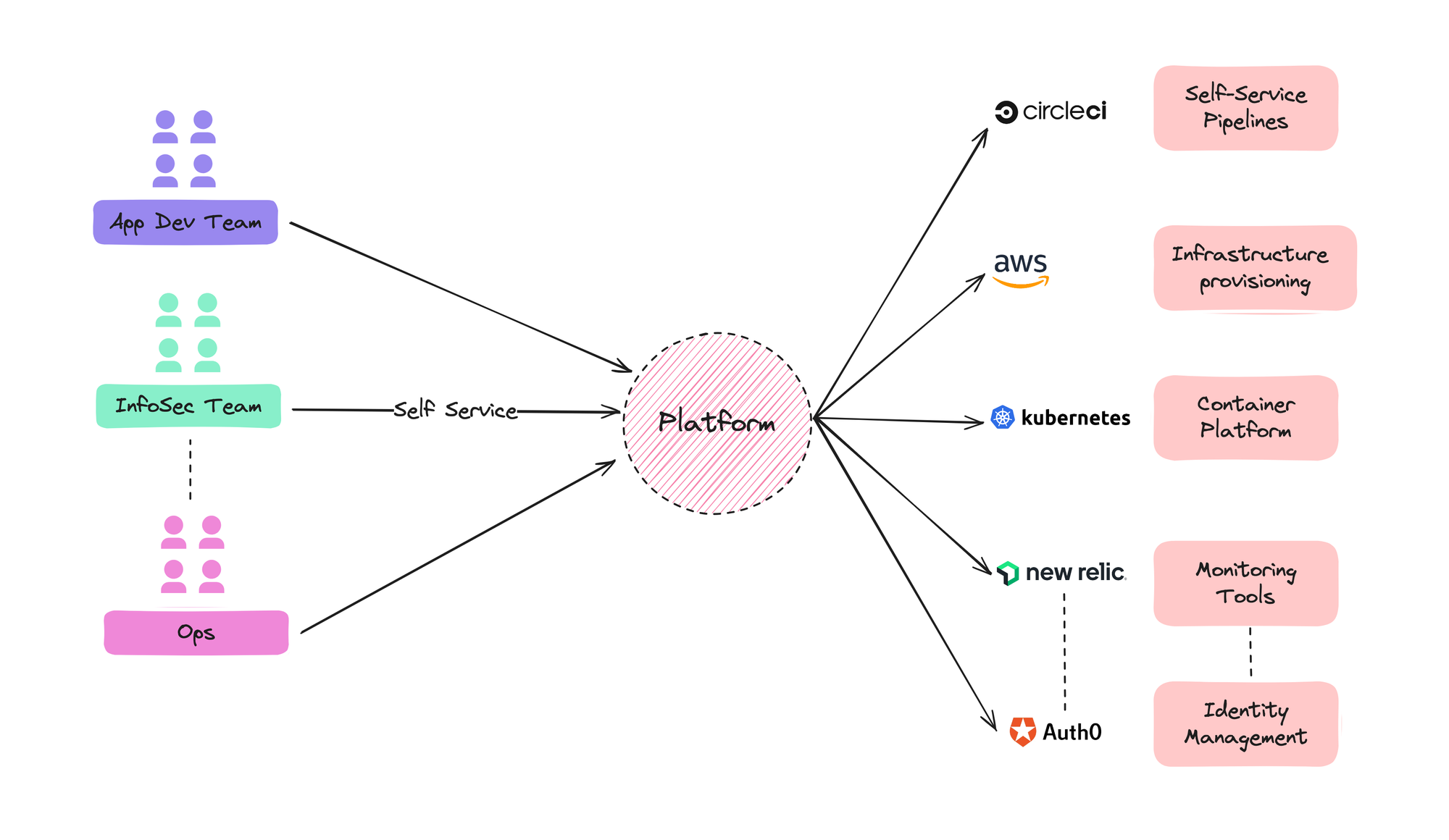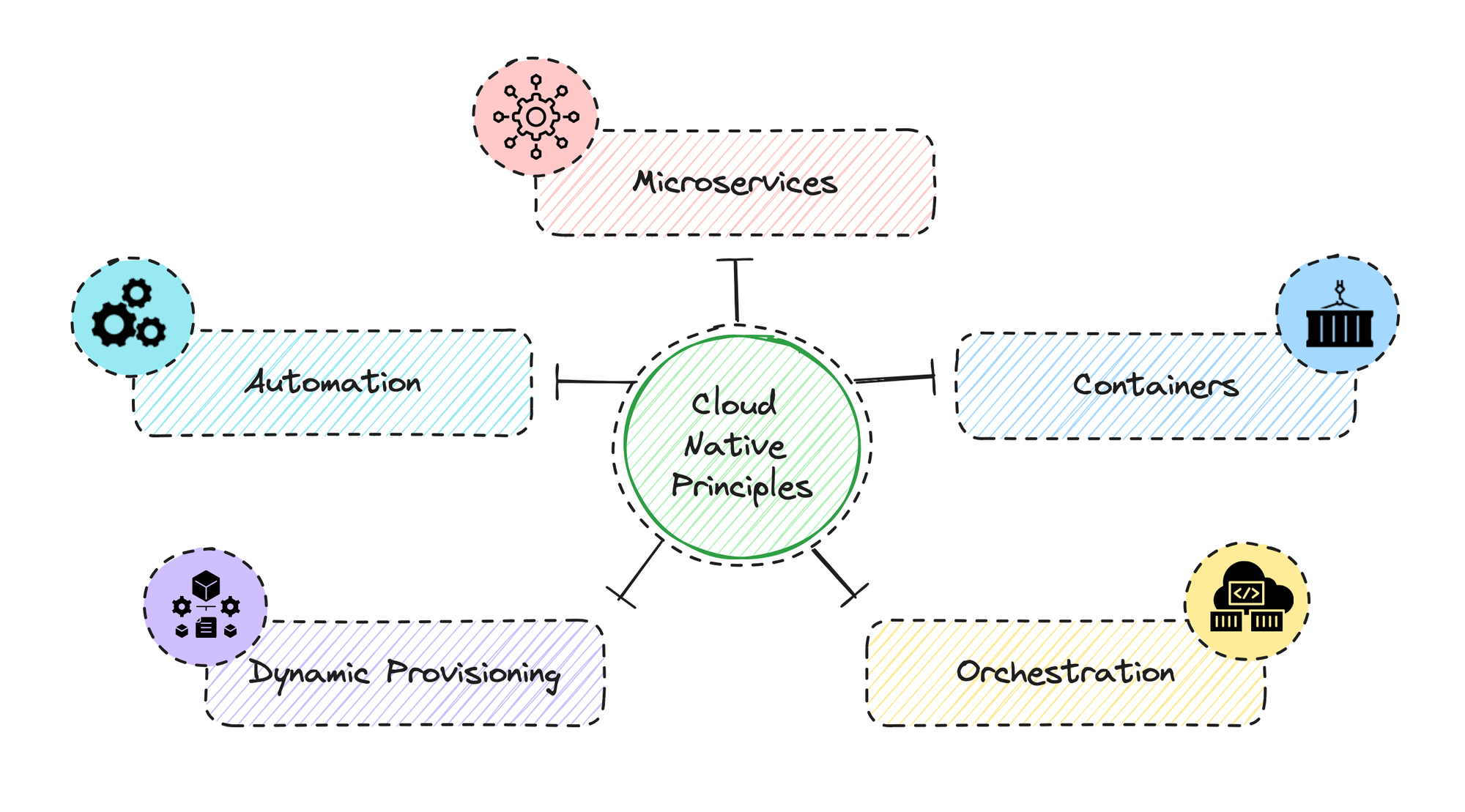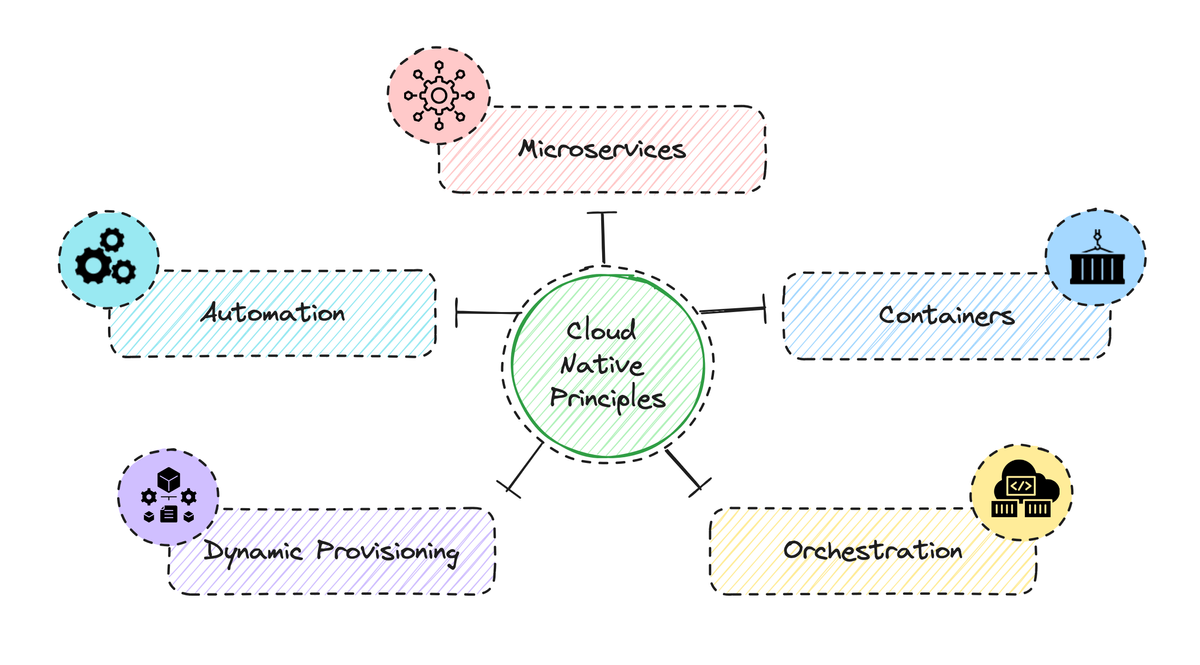The introduction of cloud computing has significantly brought a great transformation in technology.It is now essential for businesses to embrace the cloud if they want to be flexible, scalable, and effective. The term "cloud native" has surfaced in this dynamic context, highlighting the use of apps that are scalable, loosely linked, and containerized.
A thorough understanding of platform engineering principles is necessary to successfully navigate the cloud native ecosystem. In this blog we will understand more about what is platform engineering actually is,what are its key responsibilities and its challenges
According to the Gartner's survey Platform engineering teams will be established by 80% of big software engineering firms by 2026 as internal suppliers of reusable services, components, and tools for application delivery. The main issue of collaboration between software developers and operators will eventually be resolved by platform engineering.

Who is a Platform Engineer?
A Platform Engineer is essential to accelerate application delivery and maximise business value in today's ever changing technology landscape. They greatly improve the developer experience by fusing self-service features with automated infrastructure operations. Platform engineers arose in reaction to the growing complexity of contemporary software systems, with the goal of bridging the gap between non-expert end users and sophisticated services.
What does a Platform Engineer do?
The creation and maintenance of engineering platforms intended to meet the various requirements of software developers and other users is mostly the responsibility of platform engineers. This entails creating and maintaining internal developer portals (IDPs), which offer a carefully chosen range of instruments and procedures designed to be easily utilised by development teams. Their objective is to establish a frictionless, self-service developer experience that will reduce developers' cognitive burden and boost their general output. Platform engineers are important members of the DevOps community because they are at the forefront of implementing new tools and technologies that streamline the process of creating and maintaining platforms. In the end, their job is to improve user experience, increase output, and promote uniformity and effectiveness throughout the company.
Key Responsibilities of Platform Engineers:
1) Automation of Development Lifecycle:
Platform engineers improve efficiency by automating configuration management, testing, and deployment procedures.Automation expedites work, lowers error rates, and permits software to be deployed more frequently.
2) Updates and Maintenance:
The hardware, software, and storage resources that make up the base are maintained by platform engineers.
To ensure the infrastructure's scalability, security, and dependability, they conduct thorough testing before implementing updates and patches.
3) Infrastructure design and Implementation:
Platform engineers choose the best hardware and software components to build and execute the applications' infrastructure.
They set up storage and networking components to guarantee disaster recovery, scalability, and dependability.
4) Monitoring Infrastructure Performance:
Platform engineers use technologies like log analysis and performance monitoring to keep an eye on the infrastructure's performance after it is put into place.
They address problems quickly, reducing the effect on the functionality of the application.

Platform Engineering: DevOps with a product Mindset
With less than 23% of platform engineers holding official titles, these roles are still in the early stages and offer opportunity for role customization and career building.To describe it in a simple way platform engineering is an open book on which you may create solutions that exactly match the unique needs of a firm.
Think of platform engineering as the evolution of DevOps. While many firms have benefited from DevOps by being able to deploy software more quickly, some have faced challenges that have left them feeling dissatisfied and powerless. Platform engineering can help in this situation. Its primary goal is to create specialist platform teams that build internal developer platforms (IDPs). Big brands like Nike, Starbucks, and GitHub have completely changed the game thanks to these IDPs, which enhance software delivery and boost operational scalability.
The introduction of DevOps resulted in cognitive overload because of the complexity of cloud-native technologies and the inconsistent nature of role definitions, which put developers in charge of too many activities and reduced productivity. Platform engineering breaks away from a one-size-fits-all approach by introducing a product perspective, treating developers as consumers and customising platforms to meet their demands. Effective platform engineers value collaboration, ensuring that developers are included in the platform's architecture to streamline operations and reduce effort.
Challenges Of Platform Engineers:
Integration Complexity:
It can be challenging to manage and integrate different tools, services, and technologies within a platform. Ensuring smooth compatibility and interoperability between diverse components is one of the toughest concerns.
Performance & Scalability:
It becomes harder to scale infrastructure while keeping performance at its best as the platform gets bigger and user demands increase. Ensuring the platform can withstand elevated loads and maintain dependable functionality is of utmost importance.
Security Issues:
Addressing security issues for the entire system falls within the purview of platform engineers. This means protecting data, implementing encryption, enforcing access rules, and staying up to date with security best practices in order to defend against evolving threats.
Conclusion:
Improving user experience and productivity is the platform engineering’s main objective. These kinds of platforms promote efficiency and uniformity throughout the company. They offer much-needed respite from managing delivery pipelines and low-level infrastructure for the developer.

